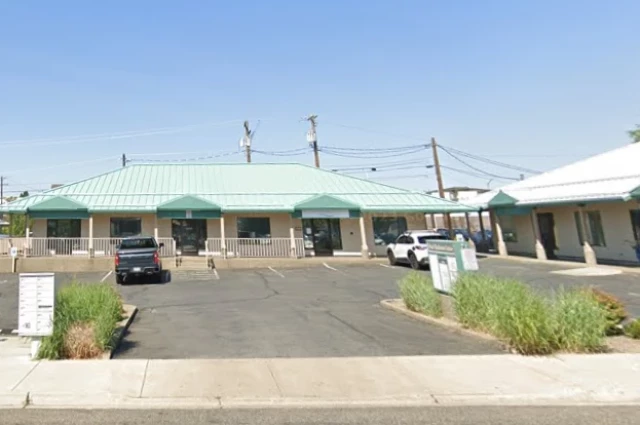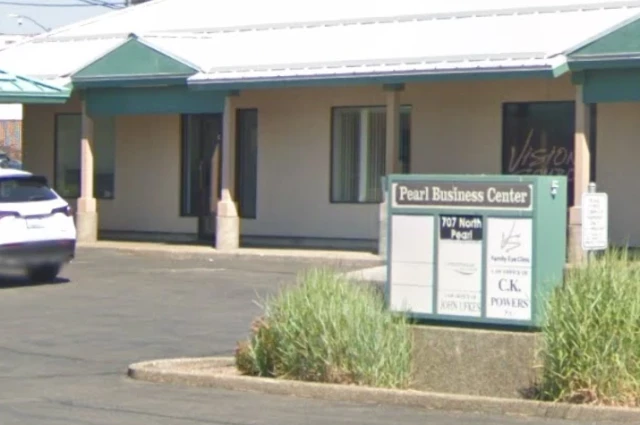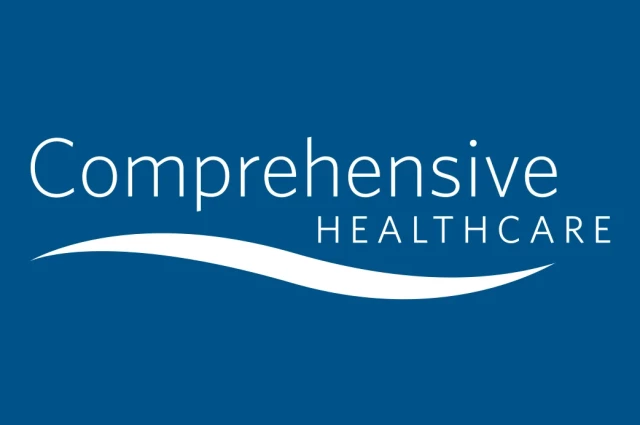Comprehensive Healthcare in Ellensburg, WA, helps adults, seniors, kids, and families with a wide range of mental health and drug use disorders. As part of their all-around approach to health, they offer outpatient therapy, crisis intervention, and drug management. As a result, the center doesn't offer any gender- or faith-based-specific programs, so anyone who needs their help can use their services.
Integrated Dual Diagnosis Treatment (IDDT) for people with two or more disorders, outpatient mental health services, and school-based help are some of the programs that the facility offers. They also provide specialized care, including Dialectical Behavior Therapy (DBT) groups, Multi-Systemic Therapy-Family Integrated Therapy (MST-FIT), and Wraparound with Intensive Services (WISe). The center is well-known for working with local police to provide critical crisis services and Critical Incident Stress Debriefing (CISD). This makes it an important resource for the community during sad or stressful events. The Ellensburg Center is very important for mental health and recovery in the area because it offers personalized treatment plans and works hard to combine all types of care.
Comprehensive Healthcare Information
Accreditations
-
State mental health department
State mental health department accreditation refers to the process of evaluating and certifying the quality and standards of a state's mental health department, ensuring that it provides high-quality services and meets specific criteria for mental health care. The accreditation process is performed by a third-party organization and helps to improve the overall care and treatment of individuals with mental health conditions.
-
State department of health
Government agencies issue State Licenses, which grant rehabilitation organizations permission to conduct their operations lawfully within specific geographic regions. Licenses needed to operate are typically determined by the type of rehabilitation program offered by the facility and its physical location.

-
The Joint Commission
The Joint Commission accreditation signifies that a facility has met rigorous standards of excellence in patient care, treatment, and safety. It assures individuals and healthcare professionals that the accredited facility provides high-quality, evidence-based care for addiction and mental health issues, fostering trust and confidence in their services.

Find the best treatment options. Call our free and confidential helpline today!



